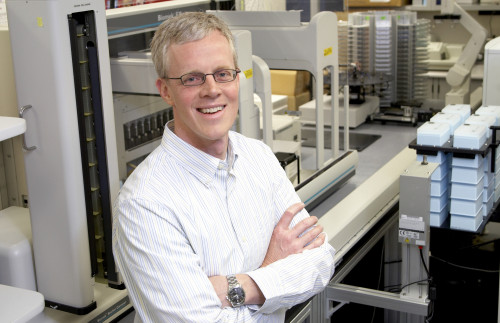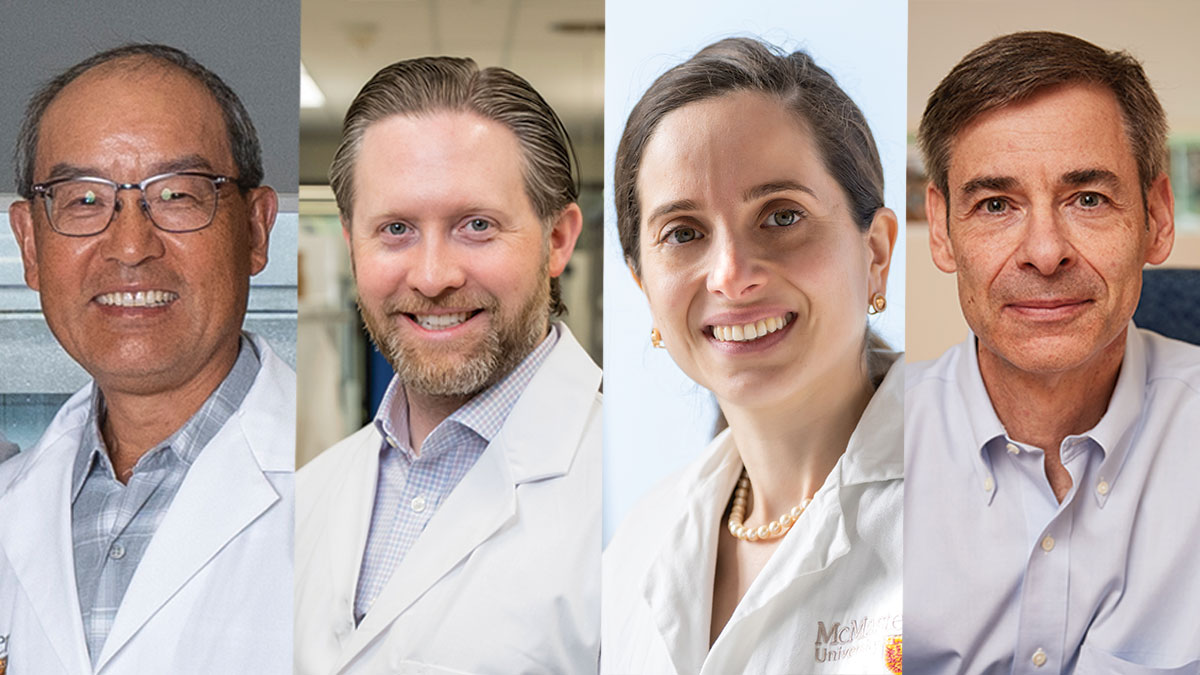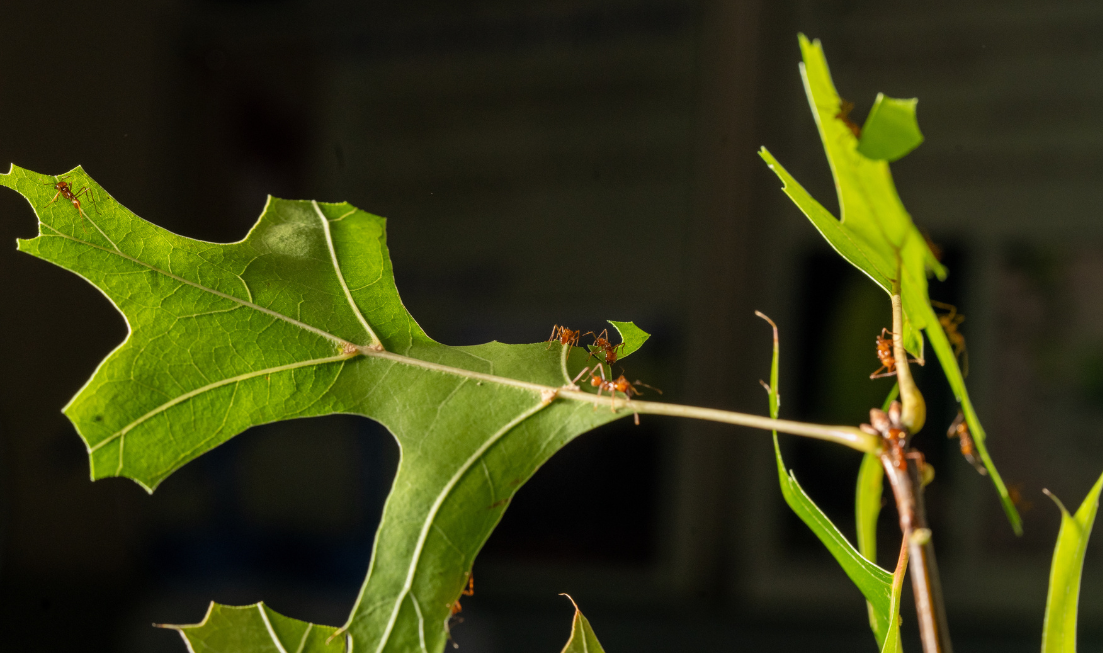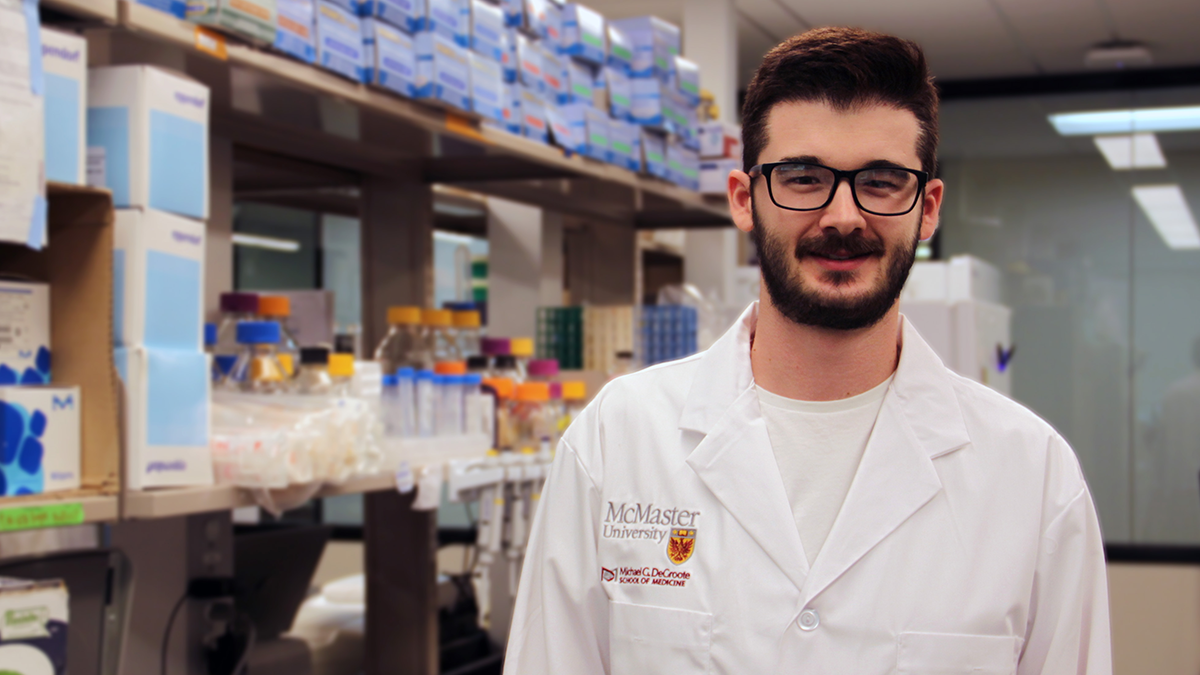World Antibiotic Awareness Week: Q&A with Dr. Eric Brown

Dr. Eric Brown is a Professor in the Department of Biochemistry and Biomedical Sciences at McMaster University. He is also the Director of the department’s Biomedical Discovery and Commercialization Program, and currently holds the Canada Research Chair in Microbial Chemical Biology.
How is your lab contributing to the global effort to combat antibiotic resistance?
What we are doing is trying to develop new approaches and new platforms to antibiotic drug discovery. Over the last 30 years or so, the success rate in this area of drug discovery has been abysmal. And yet, paradoxically, advances in technology have allowed for spectacular gains in other therapeutic areas. But for reasons no one understands, the same cannot be said for antibacterials.
So, in my lab, we are trying to do things that no one has ever done before. For example, we have this idea that the typical growth media that clinical microbiologists and drug discoverers use to find new compounds, or potential drug candidates, may not be the right recipe to mirror what is going on in the host.
For the last 100 years, antibacterial drug discoverers have grown bacteria in the laboratory on nutrient-rich microbiological media, which is chalked full of vitamins, amino acids and certain nucleobases. What they look for are compounds that halt growth on this media. Once a compound has been identified, it is moved into an animal model of infection before eventually making its way into humans.
However, we are challenging this idea that nutrient-rich media is the right proxy for the animal and, ultimately, the human. We believe the nutrient supply at sites of infection is much lower, so we have developed a nutrient limitation platform to test hypotheses concerning bacterium growth under different conditions.
Another area of interest involves the multi-layered effects of antibiotic drug-target interactions, particularly enigmatic targets like Wall teichoic acid. Considered an integral component of the cell wall of Gram-positive bacteria like Staphylococcus aureus, Wall teichoic acid has become a key target in antibiotic research.
We’ve spent 17 years studying Wall teichoic acid, learning things that we had no idea were going to be true. Perhaps the most interesting discovery occurred about five years ago when we noticed that if you take away Wall teichoic acid from methicillin-resistant Staphylococcus aureus (MRSA), it becomes sensitive to methicillin. This was totally unexpected.
Antibiotic resistance is a global problem, and it is important for people to know that scientists here at McMaster, and across Canada, are contributing to this field of research at the most innovative levels.
NewsRelated News
News Listing

Faculty of Health Sciences ➚
McMaster researchers get federal funding to study emerging bird flu threat
News
1 day ago

Brighter World ➚
Putting the ‘ant’ in antibiotic discovery: How insects could be the key to fighting superbugs
News
2 days ago

November 6, 2024

